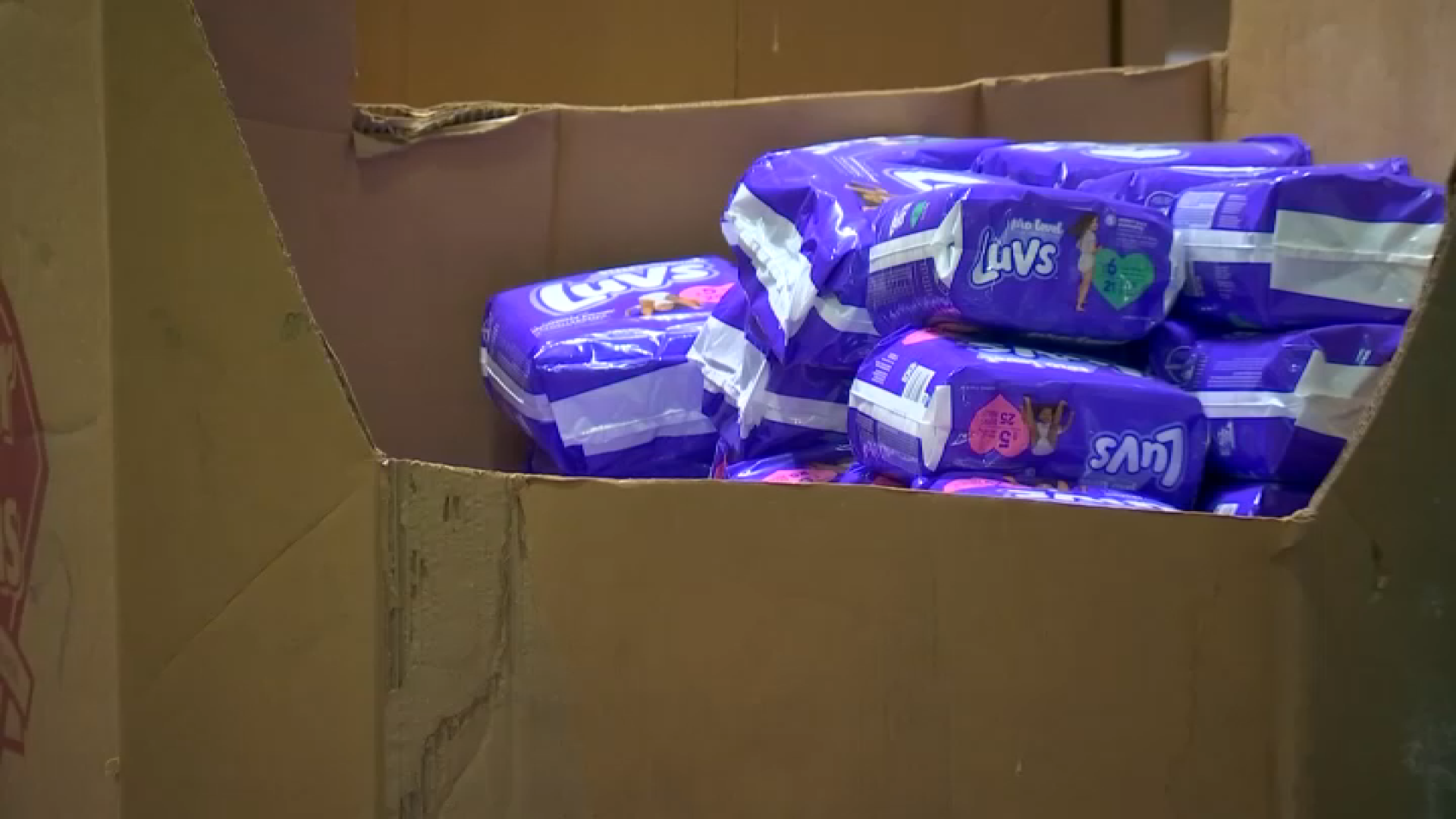Seven of nine Los Angeles County jail inmates that died in custody during the first three months of 2017 died at a hospital, the Office of Inspector General disclosed Tuesday, raising concerns about medical treatment.
"The inspector general has been deeply troubled by some of these deaths, the circumstances surrounding them and the medical treatment that was provided," Chief Deputy Inspector General Dan Baker told the Board of Supervisors.
Baker said representatives of the Office of Inspector General had met with Department of Health Services Chief Operations Officer Dr. Christina Ghaly to discuss the deaths and are monitoring clinical reviews of the deaths.
Supervisor Sheila Kuehl said inmates may come to the jail with pre-existing medical conditions.
"I think when people come into the jail, they're in pretty frail shape, anyway," Kuehl said. "They usually haven't had any medical care. In a lot of ways, they're fragile, health-wise."
Harrington said caring for an inmate with a medical emergency was a shared responsibility of custody and medical personnel and acting quickly was critical.
"The medical emergency takes precedence over everything else," Harrington said.
News
Top news of the day
The office conducts a series of three reviews over time, the first within 24 hours following the death and subsequently at seven days and then 30 days afterward.
One of the nine deaths was a suicide, Baker said.
Supervisor Hilda Solis said some community-based organizations had reported three to four recent jail suicides, a number that Assistant Sheriff Kelly Harrington disputed. Harrington is responsible for custody operations.
"There's only been one suicide this year," Harrington said. "No death is acceptable, but, of course, they do occur."
Solis noted a dramatic increase in inmate-on-inmate violence detailed in the report.
Inmate assaults against other inmates were up nearly 20 percent in 2016 as compared with 2015.
Harrington said the most dramatic increase was at the Pitchess Detention Facility where inmates are housed in dormitories.
"That's a dorm facility and the inmates are outside, they're not confined," Harrington said.
Harrington also attributed the jump to more violent criminals being housed in county jails because of changes in state law to alleviate crowding in state prisons and to an ever-increasing population of mentally ill inmates.
Supervisor Mark Ridley-Thomas said he hoped to see more details in the next report.
"The report from the Office of the Inspector General is more provocative than it is conclusive at this point," Ridley-Thomas said.



